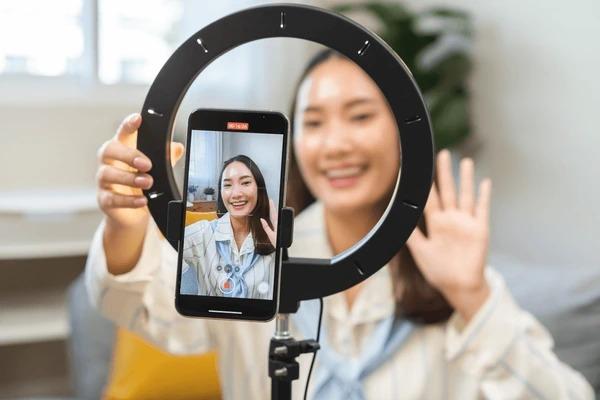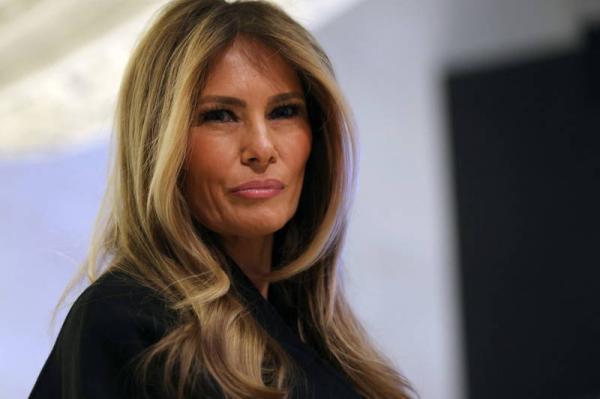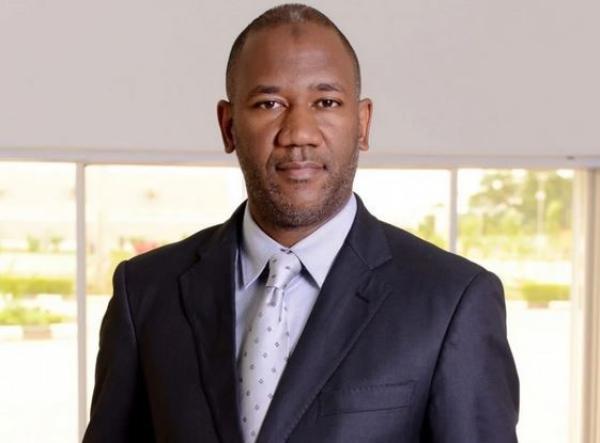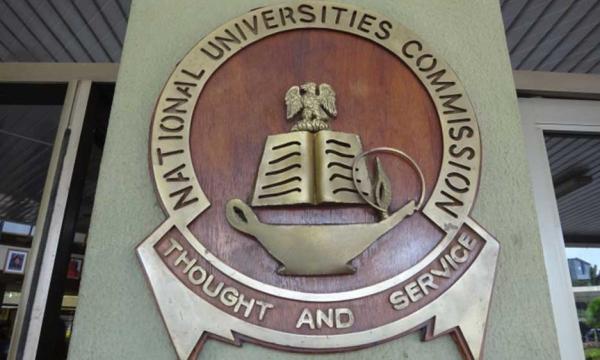
China has introduced a new influencer law.
The law which took effect on October 25, requires anyone creating content on sensitive topics, such as medicine, law, education, or finance, to hold official qualifications in those fields.
The Cyberspace Administration of China (CAC) says the goal is to fight misinformation and protect the public from false or harmful advice.
Under the new rules, influencers who talk about regulated topics must show proof of their expertise, such as a degree, professional license, or certificate.
Platforms like Douyin (China’s version of TikTok), Bilibili, and Weibo must verify creators’ credentials and make sure their content includes proper citations and disclaimers.
For example, influencers must clearly state when information comes from studies or when a video includes AI-generated material. Platforms are also required to educate users about their responsibilities when sharing content online.
The CAC has gone even further by banning advertising for medical products, supplements, and health foods to prevent hidden promotions disguised as “educational” videos.
However, critics warn that the law could harm creativity and limit freedom of speech. By controlling who can talk about certain topics, they argue, China might not only block misinformation but also restrict independent voices and critical debate.
Many worry that “expertise” will be defined too narrowly, giving authorities more power to silence people who question official narratives or offer alternative views.
Others, however, welcomed the move, saying that the new law would allow for well-informed content on important and sensitive topics. Many argued that only professionals in their field should be able to speak about and discuss said topic to prevent misinformation.






















